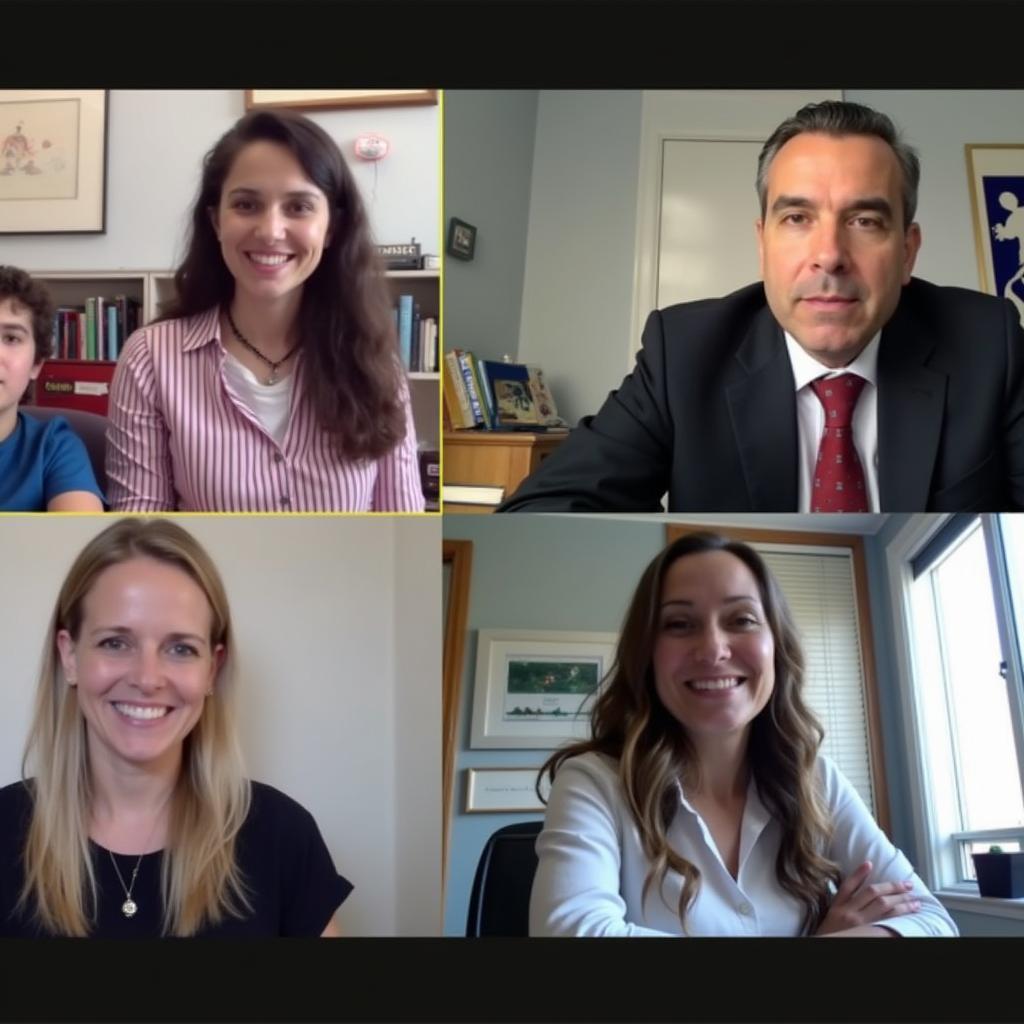The topic of parental responsibility in online safety has become increasingly prevalent in IELTS Writing Task 2 examinations. Based on analysis of past papers and current trends, this theme frequently appears in various forms, particularly focusing on the balance between parental control and children’s digital freedom. Let’s examine one common question type and explore model answers across different band scores.
Table Of Contents
Question Analysis
Some people believe that parents should have complete responsibility for their children’s online safety, while others think schools and governments should also play a role. Discuss both views and give your own opinion.
This question requires candidates to:
- Discuss multiple viewpoints regarding online safety responsibility
- Evaluate the roles of different stakeholders
- Present and justify a personal position
Parents’ sole responsibility for children’s online safety has been a recurring theme in recent IELTS examinations, reflecting growing concerns about digital safety.
Band 9 Model Essay
In today’s digital age, the question of who should bear responsibility for children’s online safety has become increasingly crucial. While some advocate for exclusive parental control, I believe that protecting young people online requires a collaborative approach involving parents, educational institutions, and governmental bodies.
Those who support complete parental responsibility argue that parents are the primary caregivers and therefore should monitor their children’s online activities exclusively. They maintain that parents understand their children’s needs best and can provide personalized guidance. However, this view overlooks the complexity of the digital landscape and the limitations of individual parental supervision.
Digital citizenship and online etiquette education is crucial, and schools play a vital role in this regard. Educational institutions can provide structured digital literacy programs and create awareness about online threats in a systematic way. Furthermore, governments can implement regulations and safety frameworks that individual parents cannot establish alone.
The most effective approach combines the strengths of all stakeholders. Parents can provide immediate supervision and emotional support, schools can deliver formal education about online safety, and governments can establish protective legislation and guidelines. This multi-layered strategy ensures comprehensive protection for young internet users.
In conclusion, while parental involvement is crucial, the responsibility for children’s online safety should be shared among parents, schools, and governments. This collaborative approach can create a safer digital environment for young people.
 Multiple stakeholders working together for children's online safety
Multiple stakeholders working together for children's online safety
Band 7 Model Essay
The debate about who should be responsible for children’s online safety has become more important in our digital world. While some people think parents should have full responsibility, others believe schools and governments should also help protect children online.
Those who support parental responsibility make some good points. Parents spend the most time with their children and can closely monitor their online activities. They can also set rules about internet usage and install parental control software. For example, they can limit screen time and block inappropriate websites.
However, should governments regulate online content to protect youth is also an important consideration. Schools can teach students about online dangers and safe internet use. Governments can create laws to protect children from cyber threats and ensure websites follow safety guidelines.
I believe that protecting children online requires cooperation between parents, schools, and governments. Parents can provide daily guidance, schools can educate about online safety, and governments can create protective laws. This combined approach is more effective than relying on parents alone.
In conclusion, while parents play a crucial role, the responsibility for children’s online safety should be shared with schools and governments to ensure better protection.
Key Vocabulary
- digital literacy (n) /ˈdɪdʒɪtəl ˈlɪtərəsi/ – ability to use digital technology effectively
- cyber threats (n) /ˈsaɪbər θrets/ – dangers or risks in online environments
- stakeholders (n) /ˈsteɪkhoʊldərz/ – people or groups with interest in an issue
- parental control (n) /pəˈrentl kənˈtroʊl/ – supervision by parents
- collaborative approach (n) /kəˈlæbərətɪv əˈproʊtʃ/ – working together method
Tips for Practice
Try writing your own essay addressing this prompt: how to create safe online environments for children. Focus on:
- Clear position
- Balanced arguments
- Relevant examples
- Appropriate vocabulary
- Coherent structure
Share your practice essays in the comments for feedback and improvement suggestions.


